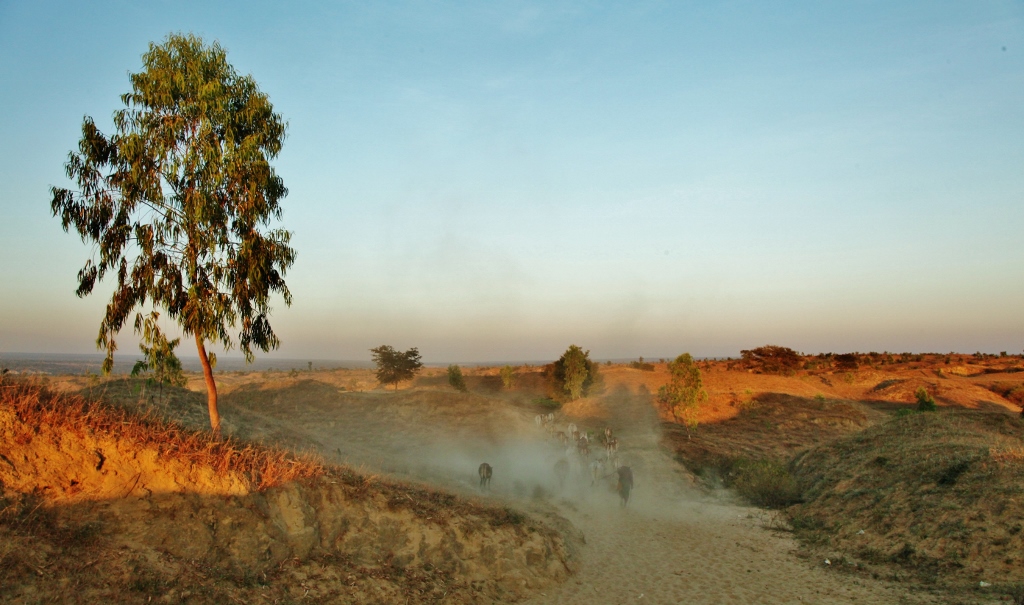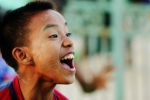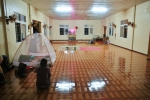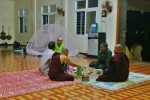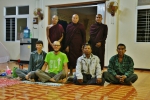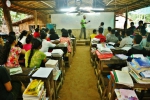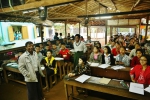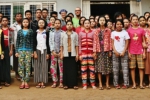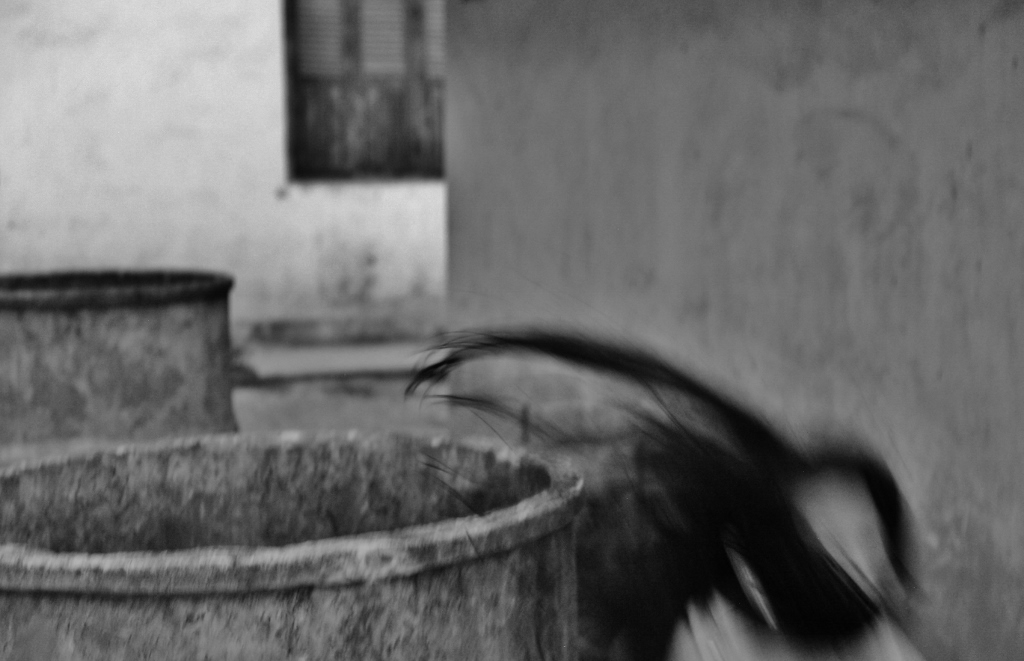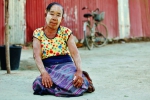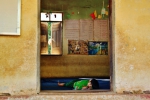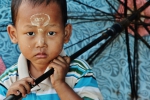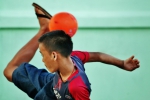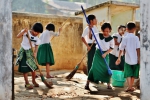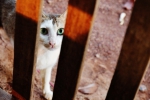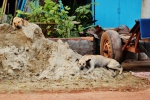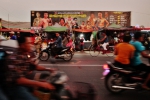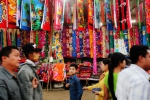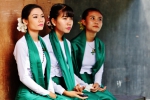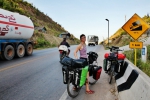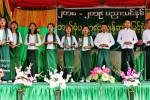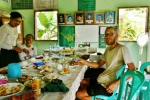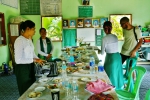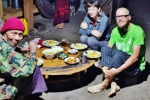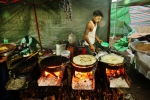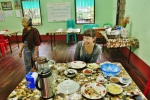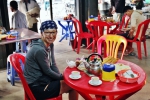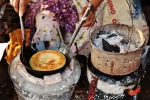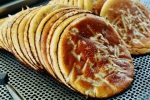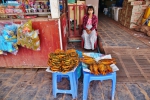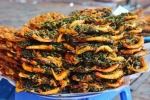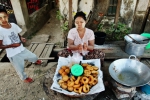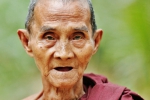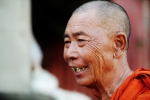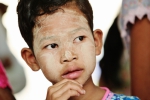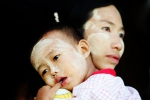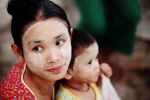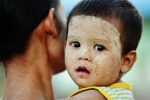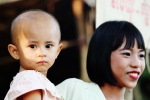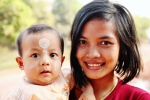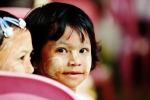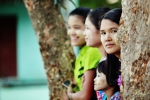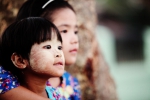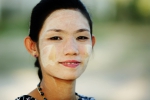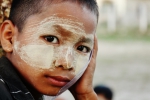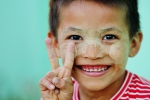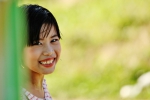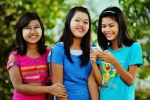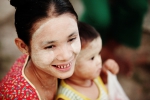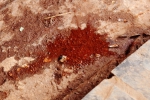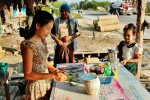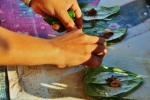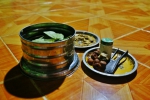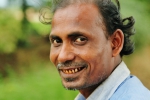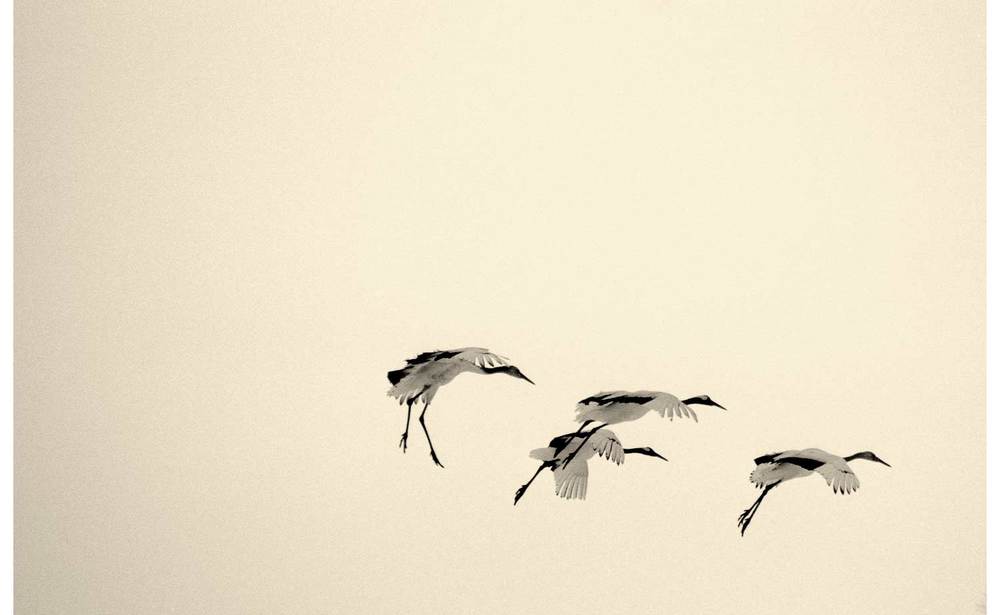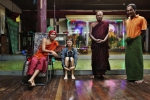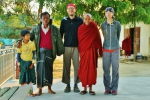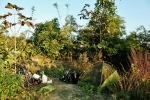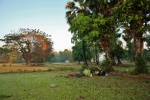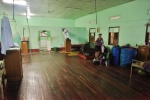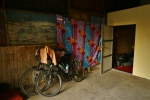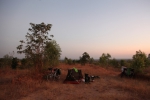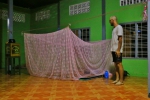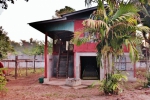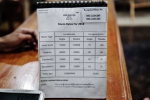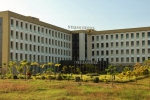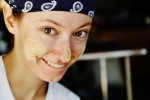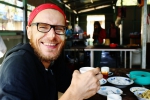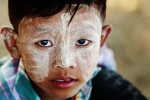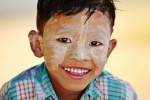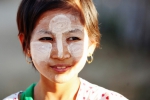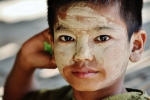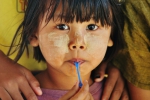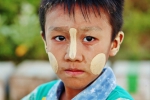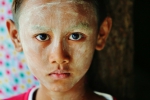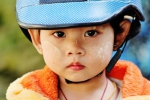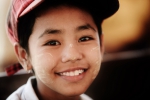‘Get a distance from the mass media and get rid of what is carried by the black hole of social media. Get to know your neighbors – not only those from your street, city, or village but also from your neighboring country. Read books, laze, and walk. Cultivate rests. Do not have one proper story of the world, because it does not exist. Learn names of trees and birds. Look, touch, smell. Do not aim, do not shoot, do not hit, do not make insults. Dream. Live. Be. Without amen’ – an extract by Roman Kurkiewcz, taken from the Polish magazine ‘Przeglad’
People say the journey is deprived of commonness and monotony. Being alien to mediocrity, it could be opposed to the prose of life, which in turn is usually based on imperceptible, rarely remembered and unremarkable details. “Everyday life is a double-escaping reality. It turns into non-existence and manifests itself unnoticed “, as writes Joanna Brach-Czajna in her book “Szczeliny istnienia”.
It is true that whilst traveling, we do not make beds after waking up. We do not have to iron shirts, clean the toilet, wash the dishes, vacuum carpets, go out with a dog, mow the lawn, and we do not see the same faces and places every day. We do not fall into the routine of repetition, which makes the days elude one after another, without leaving any traces.
But the journey has its own commonness. It is also filled with routine and repeatability. After all, the main part of the day is to cover the longest possible route. Ordinary physical effort. Nothing special. Fatigue, frustration and discouragement are not alien to travel. But this traveling uniformity is very often filled with extraordinary events, alongside with a high degree of unpredictability.
Just as commonness seems to be a background for incoming, extraordinary events, the whole pain on the road is just an outset of what will happen at the next corner. Stop. Look around. Or stay still, do nothing at all. Time will bring the rest.
We left Bago about noon, heading eastwards to the border with Thailand. The evening was coming, and we were trying to spot a good, hidden place to pitch our tent. We got stuck on the road an hour earlier, because we spent too much time looking at the boys kicking the ball. They played chinlone – a traditional Burmese sport played in Myanmar for about 1,500 years. It was first created as a means of entertaining Burmese royalty. Chinlone is heavily influenced by traditional martial arts and dance.
A team of six players moves around the circle (although there is also a tapandaing style, performed by women soloists) gives the ball to each other mainly by kicking, but also using chests, arms or heads. When the ball is on the ground – it is “dead” and the game starts again. There are no winners and losers in chinlone, because teams do not fight against each other. They work together to keep the ball in the air for as long as possible. The most important in the game is style and technique, including hundreds of different moves to maneuver the ball.
We would like to join them, but because it was getting late, we would have had to pitch the tent on the square adjacent to the playground. Unfortunately, as I mentioned in my previous posts, in Burma you can not just spend the night under a tree, or ask someone for permission to stay in their yard. Any tourist in that country is obliged to spend the night in a hotel. What is more, in one that has a license to accommodate foreign tourists (although a few times we managed to sleep in shelters for the locals, for example in Myothit and Taungoo). But what to do when the nearest hotel is thirty miles away and you are not willing to cycle through the night?
If you can afford to spend thirty or forty dollars per room, you do not have to worry about anything. Just put up your tent ostentatiously on any visible, open space. Within a quarter of an hour the police will come and will take you to the nearest hotel. If your budget is modest, you may always try with the monasteries. Only twice monks refused our request. But even then, there was another monastery nearby and finally we were able to sleep next to the Buddha’s effigy.
This time, however, there was no temple in sight, and the bushes did not look inviting enough to try to hide invisibly among them. What’s more, we were not in the mood for playing hosts to uniformed men. The previous night, when we were cycling to Bago, two police cars pulled over and stopped in front of us. On the back of one car we saw bicycles, panniers and two frightened Americans. They were taken to the hotel in Bago after being caught in the bushes. Fortunately, the police did not want us to go with them, so we could choose accommodation in the city by ourselves.
It got late, and we got hungry. We did not cycle long when finally the restaurant appeared. And then it all began. The events thickened.
I do not even remember whether a man came to us when we had already ordered a meal, or whether we first talked to him before sitting at the table. A teacher from the village Nyaung Kha Shay helped us to stay in the monastery.
- The police know nothing about you, but the chef of the village agreed. A year ago, I tried to help one cyclist, but the police did not agree, so now I do not even ask them – he added with a smile.
The head monk decided that the teacher would sleep with us. It is difficult to say whether the man took it happily or just the opposite. He said that he must only ‘call his wife and tell her that he will be sleeping in the temple that night’.
In the morning, accompanied by the monks we ate tea leaves salad in sesame oil called lahpet (also spelled laphat, laphet, lephet, lappet or letpet). It was served with vegetables, nuts, dried shrimps and garlic, and after that we were taken by the teacher to the local school, where we talked about ourselves, and our mother country – Poland.
A moment after saying goodbye to the teacher, the journey re-entered its commonness and took direction towards the next curve, waiting for us patiently. But this is less important. Much more important is what we have left. What images did we leave behind? Did we partially pay back for all the warmth and hospitality we had received? How will the Burmese remember us? Surely they will be, maybe longer than we will remember them.
Burma set the bar high. It will be difficult now not to compare memories we have with those that are about to come. Now we are in Laos, in the new state of non-obviousness. I will write more about it next time.

